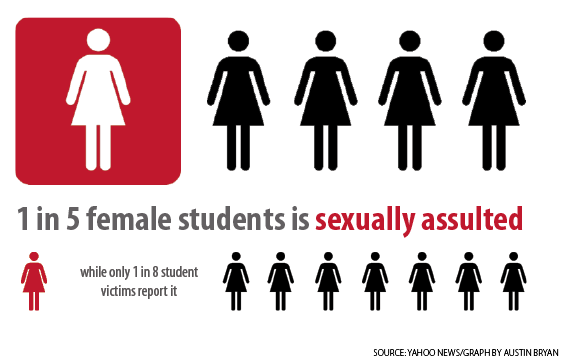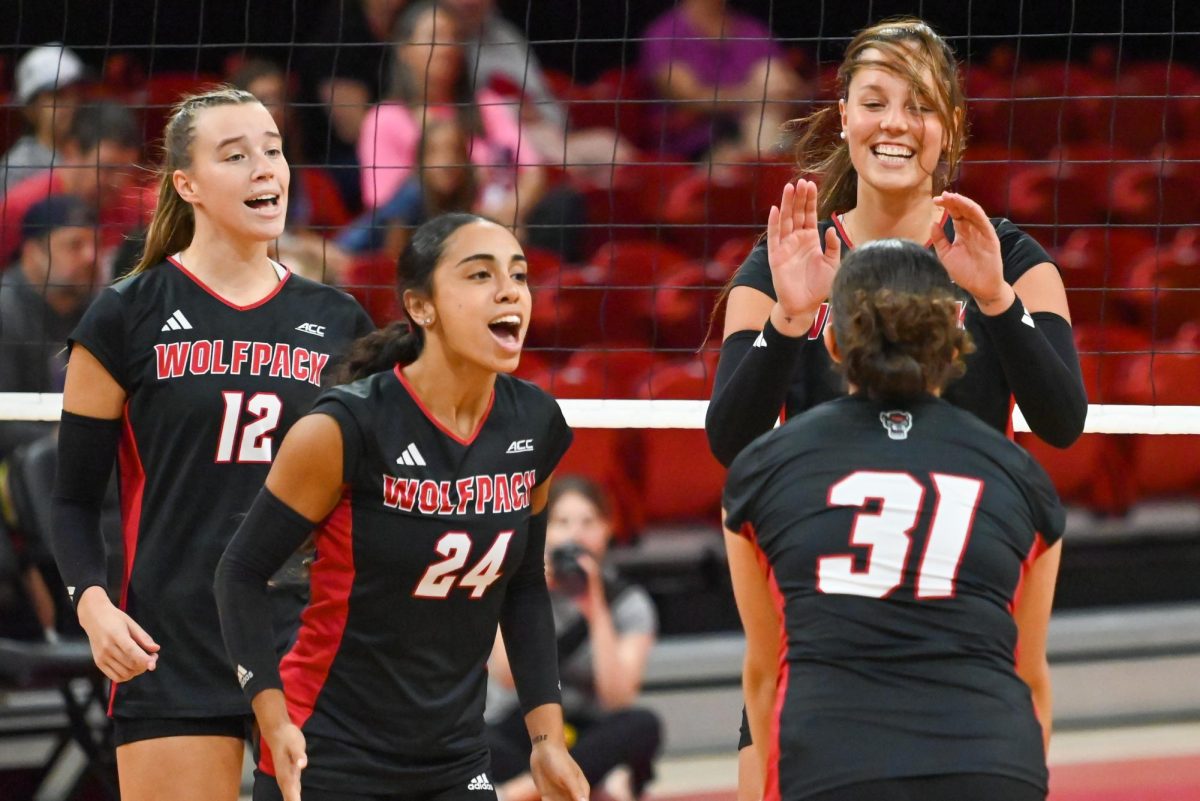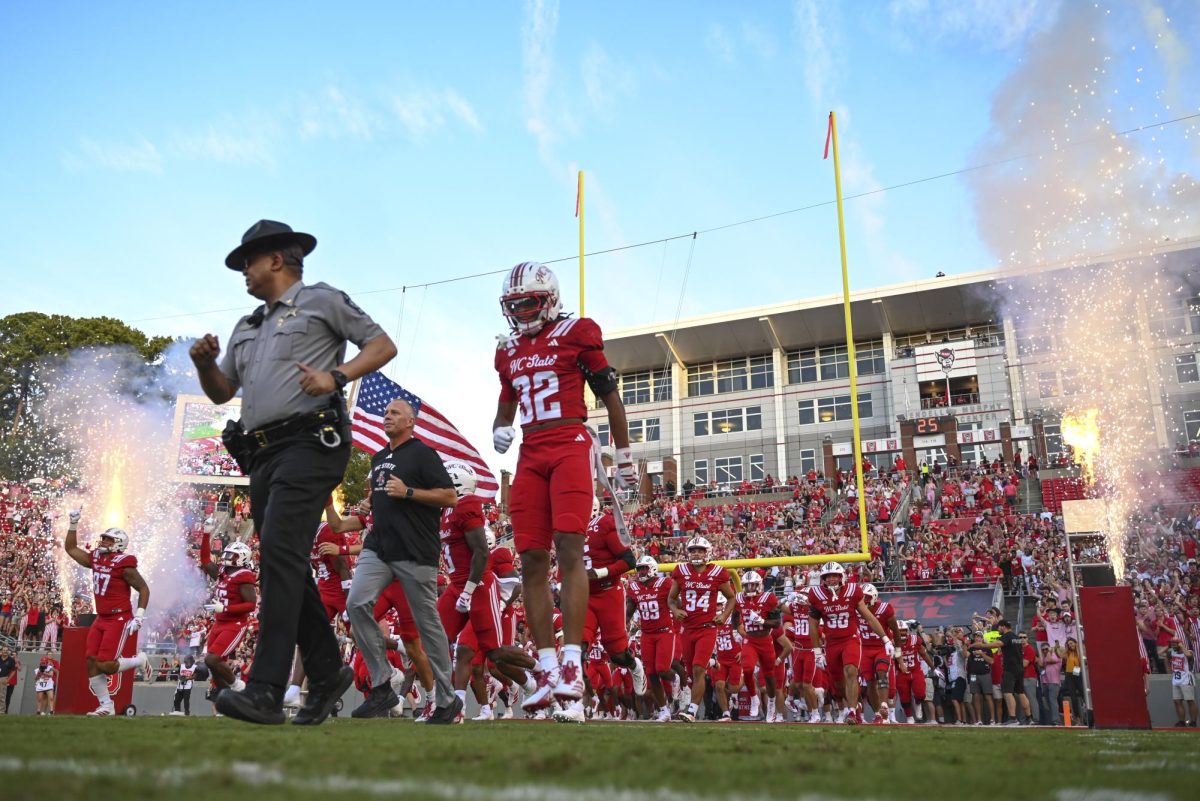The Obama administration has already addressed sexual assault in the military and now it wants to tackle this problem on college campuses, where 1 in 5 students are reportedly assaulted or raped.
In January, President Barack Obama created a task force of administrative officials in an attempt to increase federal enforcement in the prevention of sexual assault at colleges and universities.
The report said the task force hopes to help university police forces that aren’t trained adequately enough to handle these cases.
Though this is a prevalent problem on college campuses across the country, another issue is that victims tend not to report these crimes.
According to a memorandum by the White House Council on Women and Girls, 1 in 5 college students have been assaulted and only 12 percent of them reported violence.
The task force has about three months to determine the best ways for colleges and universities to deal with these crimes. Obama asked them to make sure federal agencies step in when campuses do not effectively address sexual assault.
At N.C. State, there were 11 reported sexual offenses in 2011 and six reported offenses in 2012, according to the annual N.C. State Security and Fire Safety Report.
Campus Police Chief Jack Moorman said despite the council’s report, N.C. State is proactive about dealing with sexual assault on campus.
“Sexual assault is an issue that N.C. State University takes very seriously and that we work very diligently to address,” Moorman said.
According to Moorman, the campus police department has several Rape Aggression Defense classes. One class the department offers is specifically designed to train women in intense self-defense skills so that they can better defend themselves.
There is also a class for men to raise awareness of the impacts of aggressive behavior and how they can help reduce violence and aggression. Pepper-spray training is also offered to learn proper usage.
“We are constantly working to educate the campus community about the availability of these courses and other resources,” Moorman said.
Moorman said the Counseling Center, Women’s Center, GLBT Center and the Office of Student Conduct work together with campus police to educate the community about sexual assault, prevent these crimes, support survivors and hold perpetrators accountable for their actions.
“We have been working for a long time to raise awareness of the issue of sexual assault on college campuses. It’s great that the president has taken the time to make this a priority,” said Jenn Scott, assistant director of the interpersonal violence services at the Women’s Center.
According to Scott, the women’s center is currently working on new training for staff members and a new curriculum for students.
“As chancellor, I assure you that N.C. State will not tolerate these offenses by any member of the campus community,” Chancellor Randy Woodson said in a memorandum to students, faculty members and staff in September 2013.
According to the memorandum, any form of sexual misconduct, stalking and other forms are punishable by expulsion or dismissal and can also lead to criminal prosecution.
Currently, the Office of Student Conduct determines whether charges are filed against a student for sexual misconduct. In cases of interpersonal violence, a student is allowed to be represented by an attorney.
Woodson became a co-chair of the UNC-System Campus Security Initiative that has a main goal of coming up with the best ways to prevent sexual assault on college campuses across North Carolina schools.
“We are currently working very hard in collaboration with some other campus units to make sure we are doing everything outlined in the task force and everything asked of campuses in the new 2014 Violence Against Women Act to be over and above compliance with that,” Scott said.
N.C. State’s Women’s Center oversees the Alliance for Sexual Assault, a group that’s trying to prevent gender-based violence and any form of sexual assault on campus.
They also hold the annual event “Take Back the Night” where victims of sexual violence speak out about their stories.
Scott said the women’s center provides emotional support, information about how victims can pursue reporting and seek medical treatment. Advocates also can accompany students to any appointments. All services are free to students.
Victims of sexual violence have access to the Relationship and Sexual Violence Phone Line, at the number (919) 618-7273.
According to Scott, confidential advocates are available for students to talk to by coming into the Women’s Center or by calling the RSVP line.
There are also workshops provided for dating violence, healthy relationships and sexual assault.





